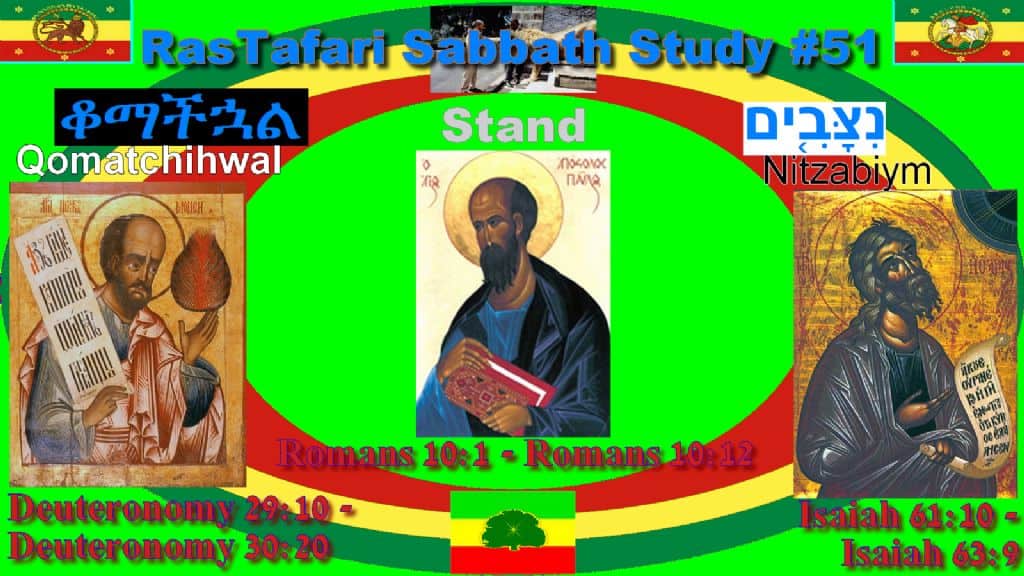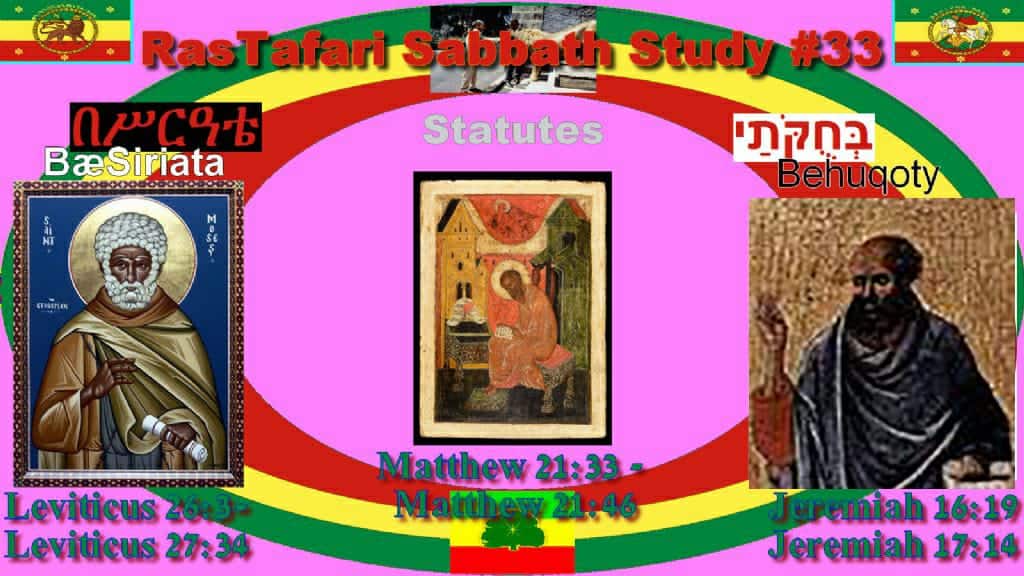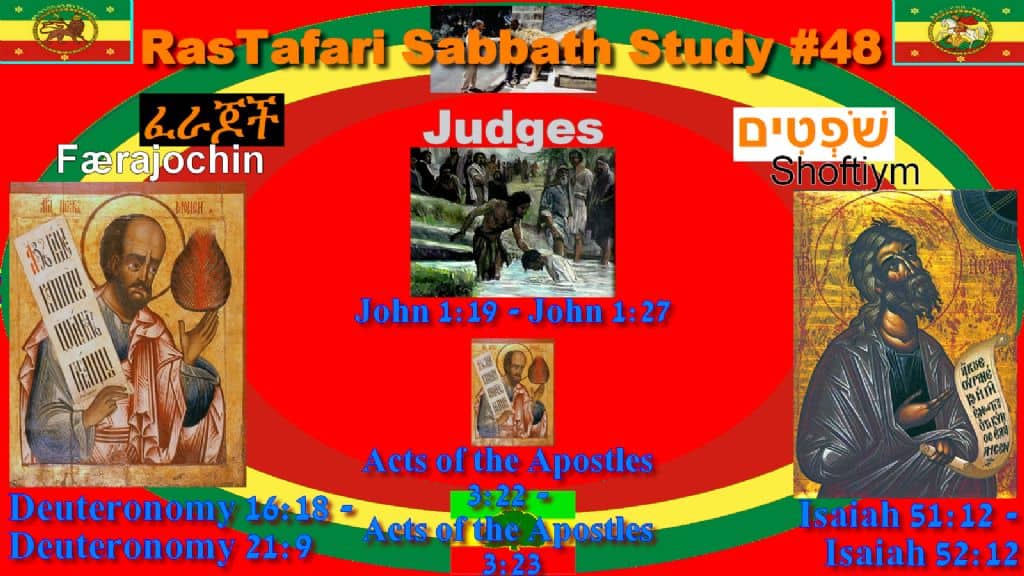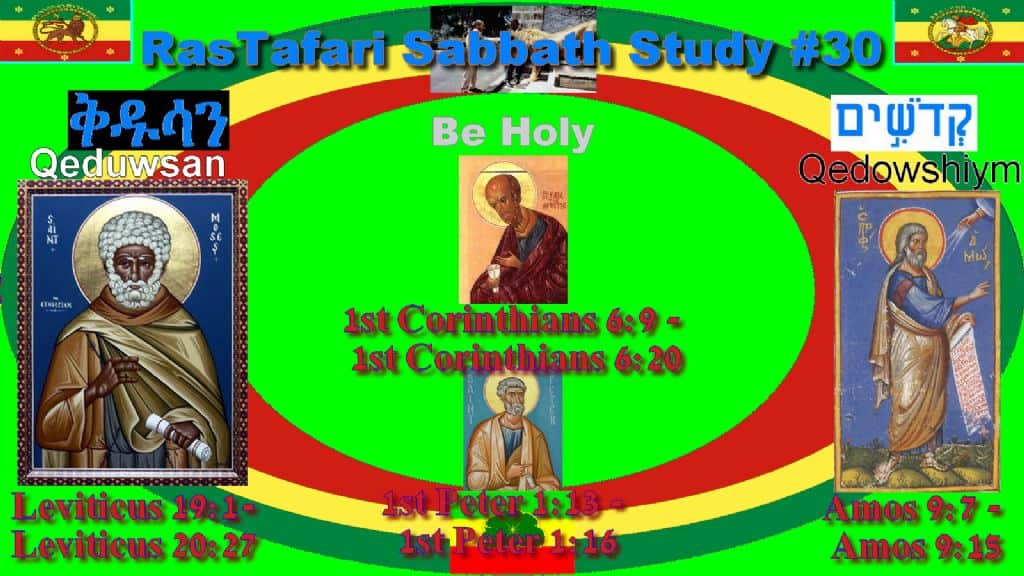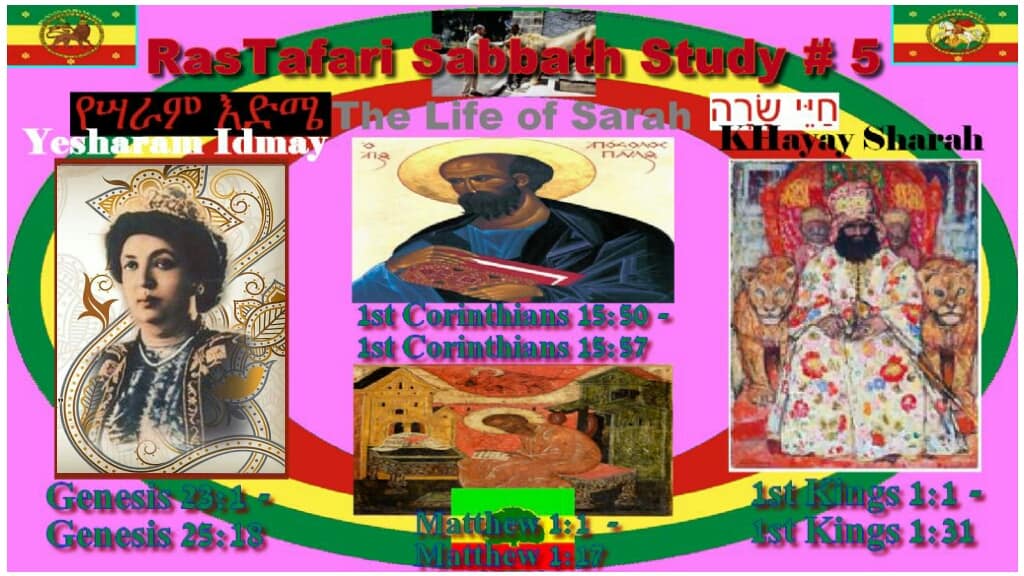This Week's Portion #51-52
Nitzavim/Vayelech | נצבים/וילך | "Standing/And he went" ቆማችኋል/[ሙሴም] ሄዶ | Qomach’hwal/Museym] Heydo]
*For a PDF version of All the Torah Portions Schedule, click here to download!
1. Torah Reading
Deuteronomy 29:9-31:30
Nitzavim
Vayelech
2. Prophets Reading
Isaiah 61:10-63:9/Isaiah 55:6-8
3. New Testament Reading
Romans 10:1-12/Romans 10:14-18
Portion Outline - TORAH
- Deuteronomy 30:1 | God's Fidelity Assured
- Deuteronomy 30:11 | Exhortation to Choose Life
- Deuteronomy 31:1 | Joshua Becomes Moses' Successor
- Deuteronomy 31:9 | The Law to Be Read Every Seventh Year
- Deuteronomy 31:14 | Moses and Joshua Receive God's Charge
Portion Outline - PROPHETS
- Isaiah 61:1 | The Good News of Deliverance
- Isaiah 62:1 | The Vindication and Salvation of Zion
- Isaiah 63:1 | Vengeance on Edom
- Isaiah 63:7 | God's Mercy Remembered
Portion Study Book Download & Summary
 DEVARIM Hebrew Book of Deuterronomy - Torah Portion Vol.5 (FREE PDF)
DEVARIM Hebrew Book of Deuterronomy - Torah Portion Vol.5 (FREE PDF)
Nitzavim The name of the fifty-first reading from the Torah is Nitzavim (נצבים), which means “standing.” The name is derived from the first verse of the portion in which Moses says, “You stand (nitzavim) today, all of you, before the LORD your God” (Deuteronomy 29:10). In this portion, Moses invites the entire assembly of Israel to take on the covenant. He warns them that if they sin, they will go into exile, but he also predicts that, in the future, they will repent and God will return them to the land of Israel. In some years, Nitzavim is read together with the subsequent Torah portion, Vayelech, on the same Sabbath..
Vayelech The name of the fifty-second reading from the Torah is Vayelech (וילך), which means “and he went.” The name is derived from the first word of the first verse of the portion: “So Moses went (vayelech) and spoke these words to all Israel.” In this short portion, Moses commands an assembly for a public Torah reading and covenant renewal once every seven years. He then finishes writing the scroll of the Torah and has it deposited in the Holy of Holies next to the ark of the covenant.
Portion Commentary - Nitzavim
The Greatness of Repentance
Thought for the Week:
A person should repent every day. No one is so holy and righteous that he does not need to repent. Neither is any person so lowly and sinful that he cannot repent.
Commentary:
Return to the LORD your God, you and your children, and obey his voice in all that I command you today, with all your heart and with all your soul. (Deuteronomy 30:2)
Moses told the children of Israel that when they returned to God, He would return to them. The concept of returning to God is called "repentance" (teshuvah, תשובה). It is one of the most important messages of the Bible. Repentance is a central thrust of Yeshua's teaching and the Gospel imperative. Yeshua's message was "Repent, for the kingdom of heaven is at hand" (Matthew 4:17). What is true repentance?
In Hebrew, the verb for "repent" is shuv (שוב). It means "to turn around" or "to turn back and go in the other direction." To repent means "to quit sinning, turn around and start doing good." It is more than just a change of mind; teshuvah demands a change of behavior. It's about starting over fresh and trying to do better. Repentance happens when a man realizes that he has sinned and that his sin is offensive to God; he regrets his misdeed, confesses it, renounces it and endeavors to change his behavior. A person can only repent when he is honest with himself about his faults, shortcomings, character flaws and weaknesses.
God receives sincere repentance. He does not turn away from a person who asks for forgiveness in the name of His Son and earnestly endeavors to change. Instead, God receives that petition and grants the gift of forgiveness. He removes the person's sin and erases records of guilt. He freely accepts the person back into His love.
The person who earnestly repents with his heart and soul and asks for forgiveness in the name of Yeshua is immediately reconnected with God. It is as if a light switch is flipped, and where there was darkness, the room blazes with light. A moment before, the person's sins stood between him and God. At the moment of repentance, the person stands in the very presence of God.
The devil tells a person, "God will not forgive you again. How dare you ask Him for forgiveness? He could never forgive a person like you after what you have done." But no man's sin is so great that the love of God as expressed through Yeshua is not greater still. If God did not spare His own Son for you but was willing that He should be sacrificed for you, His love for you is certainly greater than your sin. God will receive your confession of sin, your prayer for forgiveness and your resolution to do better, even if you must repeat it many times a day.
Portion Commentary - Vayelech
Moses and Gethsemane
Thought for the Week:
Death is offensive to the human soul, for God has set an immortal longing in our hearts, as it is written, “He has also set eternity in their heart.” (Ecclesiastes 3:11)
Commentary:
In the Jewish legends about his death, Moses does not go passively or willingly. Instead, he argues vociferously for life. In anguish of soul, he implores God to spare him the indignity of death. He beseeches God for mercy, and attempts to counter the heavenly decree. It seems strange that the traditional stories would paint Moses—the hero of heroes—as reluctant to accept death. Wouldn’t we expect Moses to boldly stride into that dark night? But Moses is an example for all of God’s people, and from His example we learn that we are not to accept death passively. Moses tells us, “Choose life in order that you may live.” (30:19)
In some religious circles, there is an unhealthy and morbid fascination with death. Since “to be absent from the body is to be home with the Lord,” (2 Corinthians 5:8) it might seem natural to look forward to death and embrace it when it comes. But death is the enemy—the last enemy. (1 Corinthians 15:26) Though death is an inevitable certainty, it is never our hope. Our hope is in life, and the only reason we find comfort in death is that we have seen life (which is Messiah) overcome it.
Because we are made for immortality, death is a sacrilege to our inner-being. Therefore, in the traditional stories about Moses, he resists death, even though his hope is certain.
In the same way, the second Moses, goes to death in anguish. His reluctant struggle in Gethsemene and His agonized cry from the cross might give us pause to wonder. He says, “Father, if it is possible, let this cup pass from Me!” (Matthew 26:39) How is it, when so many martyrs have gone bravely to their deaths, that the Master would flinch in the face of His own—especially when He knew that His death would purchase the redemption of Israel? It is incomprehensible until we remember the stories of Moses. Death is abhorrent, and one has an obligation to strive against it. Just as Moses beseeched God for reprieve, so too, Yeshua struggles for life. Yet ultimately, both Moses and the Master surrender to the will of the Father. “Not as I will, but as You will.” (Matthew 26:39) For it is in submission to the Father that life is found. They chose life, even in death, and in the death of Messiah, we find life.

